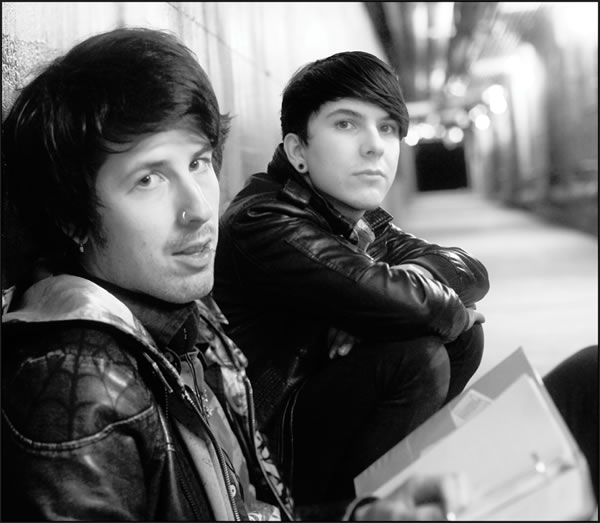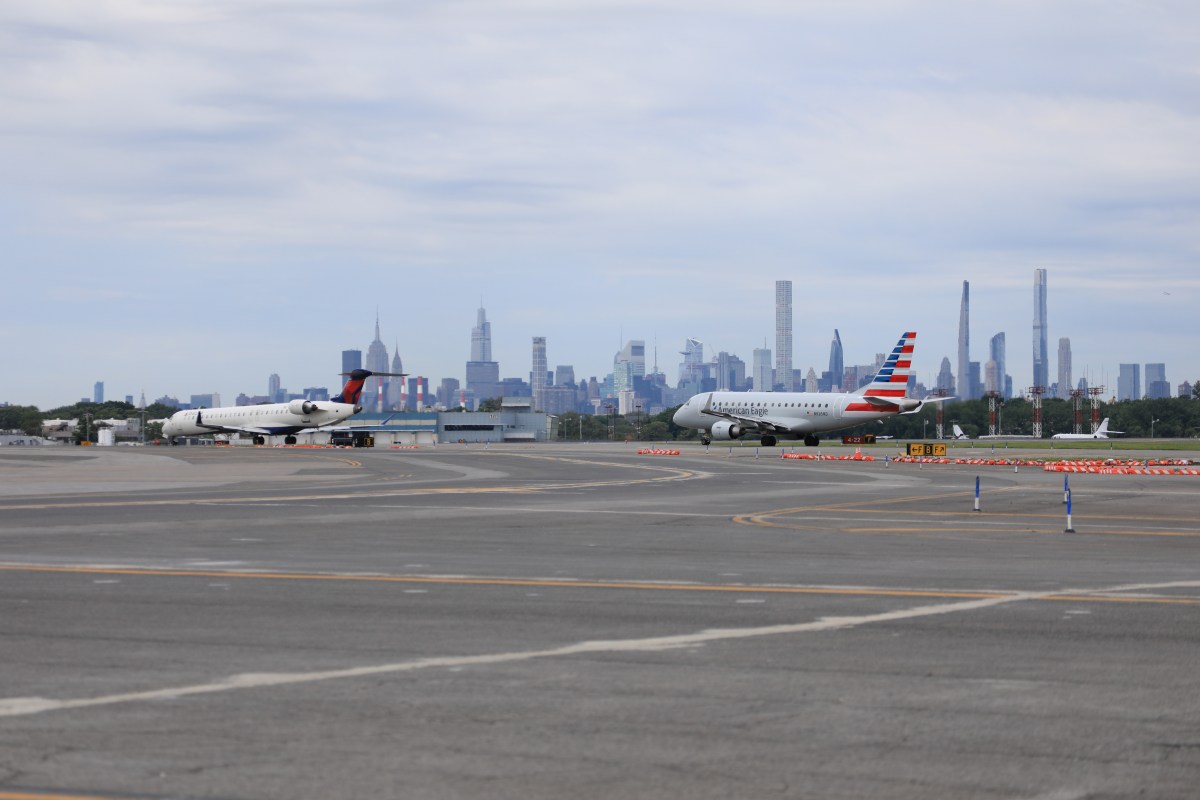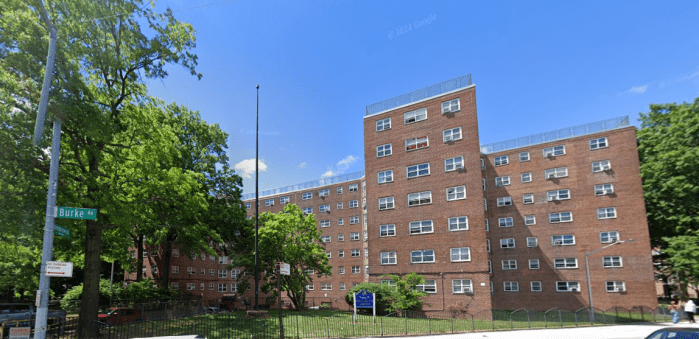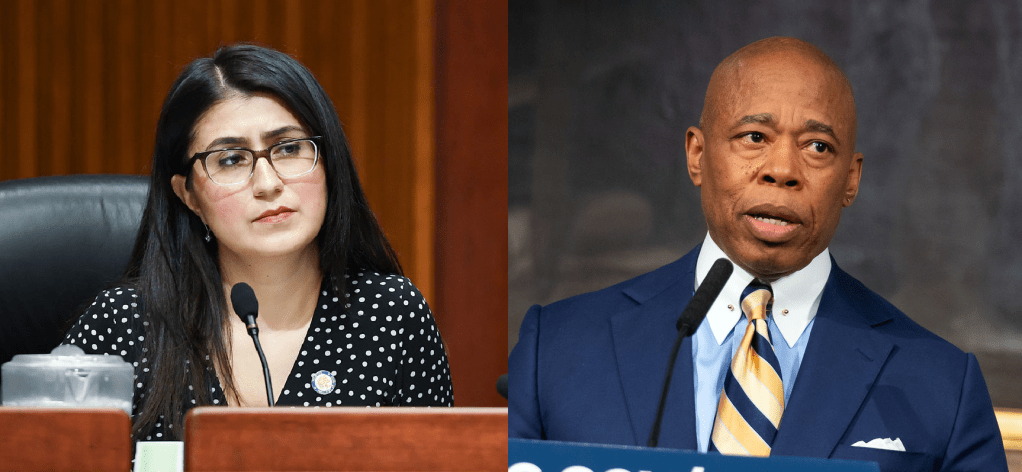TFF’s plentiful Q&A sessions deliver directors, stars to the people
COMPILED BY SCOTT STIFFLER
How do you know you’re at a true film festival screening instead of a standard evening of previews, popcorn and closing credits followed by swift exits? It’s that announcement you hear before the first reel unspools — telling you to stick around after the movie because the filmmaker, or filmmakers, or producer, or star, or some such variation, will be on hand to answer your questions.
In this respect, the Tribeca Film Festival delivers. That red carpet you see outside of each venue gets a real workout. An impressive number of screenings have showcased post-screening Q&A sessions. Here are some excerpts.
GRAVE ENCOUNTERS
See the review, on page 24, to find out all you need to know about the murder and mayhem that unspools when the ghost-baiting crew of a paranormal-themed TV show spends the night in a haunted insane asylum. Following the film’s Friday, April 22, 11:30pm TFF premiere, filmmakers The Vicious Brothers (Stu and Colin, who aren’t really brothers and probably don’t even share that same last name) took questions. They were joined by the one of the producers, along with actors Sean Rogerson and Ashleigh Gryzko — who portray members of the doomed investigative team.
The first audience member to pose a question wanted to know when they started making films, and how they met. Colin (foreground in the photo on this page) noted that both brothers started out when they were pre-teenagers — just as digital filmmaking was coming into its own. For years, they collaborated electronically, not meeting until they were 18 (both are now 25). Stu told the story of how he earned the wrath of his parents when he painted his bedroom wall blue so he could be digitally inserted into a film by Colin. “We met onscreen sooner than we met in person,” recalled Colin.
Asked what some of the challenges of producing a relatively low budget film were, the producer noted the greatest obstacle was, “not having a budget.” That simple and elegant (and humorously obvious answer) was followed by a detailed question probing how the brothers came to cast the two specific actors in attendance. Colin spoke about the search for an actor (ultimately, Rogerson) who could play a great TV show host and also convey the character’s unexpected display of leadership abilities followed by a spectacular mental breakdown as the body count soars. Both brothers recalled doing the lion’s share of casting by viewing audition tapes and past performances on the web. For all their transparency about the creative process, The Vicious Brothers went dead silent when asked to reveal the location of the insane asylum where the 12-day shoot took place. Something must have spooked them.
LIKE WATER
See the April 28 edition of our sister publications The Villager and The East Villager for a review of this thoroughly compelling documentary. It follows the humble, guarded (and therefore enigmatic) middleweight Ultimate Fighter Anderson Silva as he prepares for a career-defining bout against a trash-talking opponent. Following the Saturday, April 23, 10pm screening, questions were taken by Silva and the film’s director (Pablo Croce). Silva’s manager/translator (Ed Soares) and his protégé were also in attendance.
At one point in the film, Silva (jokingly?) refers to Steven Segal as a mentor and inspiration — eliciting chuckles from the audience. But come fight time, there’s Segal at ringside (cageside?), getting a display of affection from Silva. He also shows up backstage after the fight. Soares related how Segal contacted a mutual friend, saying he wanted to visit Silva’s camp and show Anderson, “some of his deadly stuff.” Another fan, clearly well-informed (as most of the audience seemed to be), asked how Silva’s rib injury (downplayed in the film) impacted his performance in the fight. It was revealed that Silva sustained the injury (a bruised rib cage) a week before the event, and fought against his doctor’s wishes.
Referencing an all-important maneuver in the fifth and final round, a fan asked if it was improvisation or strategy. In typical obtuse Silva manner, the fighter noted, “I trained with my team for all positions. My secret is, I have the best friends, coach and family.”
Silva’s perceived emotional distance from his fans was questioned by an inquiry as to why he usually speaks Portuguese when (from previous answers that night) it was obvious that he had a respectable grasp of English. “Sometimes I’m nervous,” explained Silva, “So my English is not the best.” In protective fashion, Soares pointed out that how Silva expresses a given opinion or belief has more meaning, and is easier to articulate, in Portuguese — then went out of his way to emphasize that the Brazilian-born fighter is using English more often these days, as a way to connect with fans.
The final question referred to what transpired during a shared moment with his opponent immediately following the fight. “When you embraced,” asked the audience member, “did he say anything respectful?” Displaying a comic’s wry timing, Silva deadpanned, “He told me he loved me. But I didn’t believe it.”






































